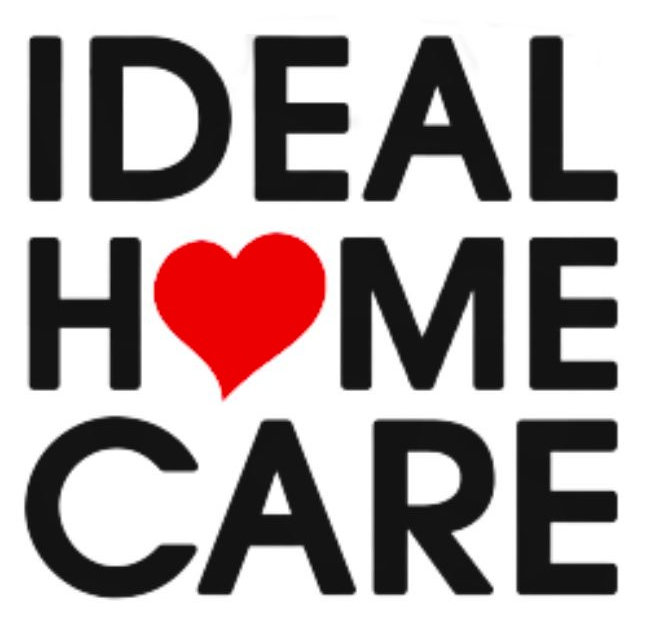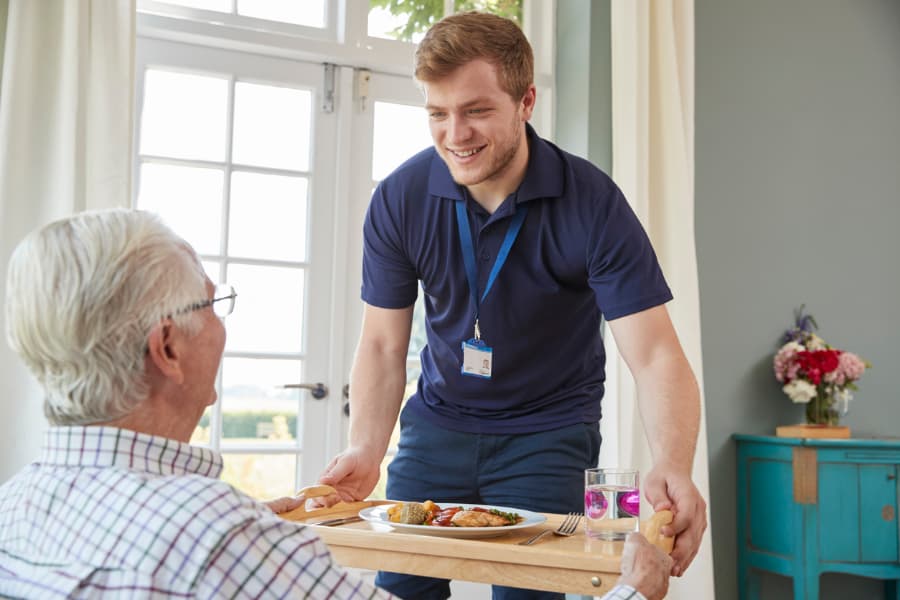If you’re someone with a drive to attend to others, consider becoming a caregiver. Caregiving is a great way to help those in need throughout your community. Being an efficient caregiver requires many characteristics, including patience, adaptability, and empathy, to ensure each person receives the quality of care they need to thrive. If you believe you hold these traits, you may be an excellent candidate.
However, it’s important to examine everything that goes into caring for another person. Because these professionals are in charge of many daily aspects, it’s essential that you know and understand the responsibilities expected. Here, Ideal Home Care Services discusses common caregiver responsibilities.
What is a Caregiver?
As individuals grow older, it may become more difficult for them to complete important daily activities. This can result in a poor quality of life or declining health. As a caregiver, you will be responsible for assisting these individuals with everyday tasks. You may be in charge of one or many duties, depending on the person’s needs and your professional qualifications. Plus, each patient may require different types of assistance each day, so you must be flexible and understanding.
Caregivers can provide anywhere from short-term to long-term care. They also aren’t restricted to aging individuals – people with disabilities or severe illnesses may also require the use of a caregiver or home health aide. Some caregivers may simply be needed for companion care services to combat isolation and loneliness, while others may be responsible for more extensive work like hygiene, nutrition, or medical assistance. Additionally, caregivers must maintain open lines of communication with the patient, their family members, and their medical providers to ensure everyone involved is informed.
Common Caregiver Responsibilities
Caregivers may be in charge of one or many tasks when it comes to ensuring an individual is well taken care of. These responsibilities often include the following:
Cooking Meals
Some individuals may not be able to cook their own meals, which can result in unhealthy food choices or malnutrition. Caregivers may need to cook for their patients to ensure their dietary needs are met. As long as you have basic cooking knowledge, you are well-equipped to assist in preparing food. Additionally, it’s important to have an understanding of health and nutrition to ensure the patient receives well-balanced meals.
Hygiene
Proper hygiene is important for everyone. However, it can be difficult for a patient to keep up with personal hygiene tasks as they age or their medical situation advances. This is where your role as a caregiver comes in handy. However, it’s important to have a certain level of flexibility and understanding, as these tasks are more personal. Taking the time to listen to the patient to ensure they’re comfortable is important.
Daily Chores
Basic household chores can be incredibly difficult for some individuals. As a caregiver, you may be responsible for completing several housekeeping tasks, such as:
- Laundry
- Washing dishes
- Wiping surfaces
- Picking up around the house
- Folding clothes
- Sweeping/mopping
Homemaker services can also involve chores like organizing drawers, closets, or cabinets if they become hard to manage. It’s essential to keep living spaces free of clutter to ensure the safety and overall quality of life for the patient.
Running Errands
Because aging and disabled individuals may not be able to travel alone, caregivers are often responsible for transportation services. This can include outings like:
- Shopping trips
- Visits to friends
- Hair appointments
- Medical appointments
- Grocery shopping
Managing Medications
Depending on your certifications, you may also need to ensure that your patient takes all necessary medications at the correct times of the day. What’s more, caregivers may be responsible for scheduling medical appointments.
Some patients may also require more advanced skilled nursing services for feeding tube maintenance and insulin administration. However, these are typically performed by registered nurses (RNs) or licensed practical nurses (LPNs).
Exercise and Mobility
Some patients may experience mobility challenges, whether permanent or temporary. If this is the case, then you will have to assist them in getting where they need to go around the home. For example, an individual may require assistance when getting in and out of bed or entering and exiting the shower.
Additionally, caregivers are responsible for ensuring their patients receive an adequate amount of daily exercise. Even if a patient is immobile or has difficulty making certain movements, it’s up to you to monitor the patient’s fitness routine and ensure it’s aligned with recommendations from their healthcare provider.
Become a Caregiver at Ideal Home Care Services
If you’re searching for a fulfilling career as a caregiver, consider Ideal Home Care Services. With a focus on providing compassionate support to those who need it most, our staff is upheld to the utmost standards when it comes to patient care. Serving families across Long Island, New York, we cater to short-term and long-term circumstances. Contact us to learn more about essential caregiver responsibilities or find out how to join our team today.

